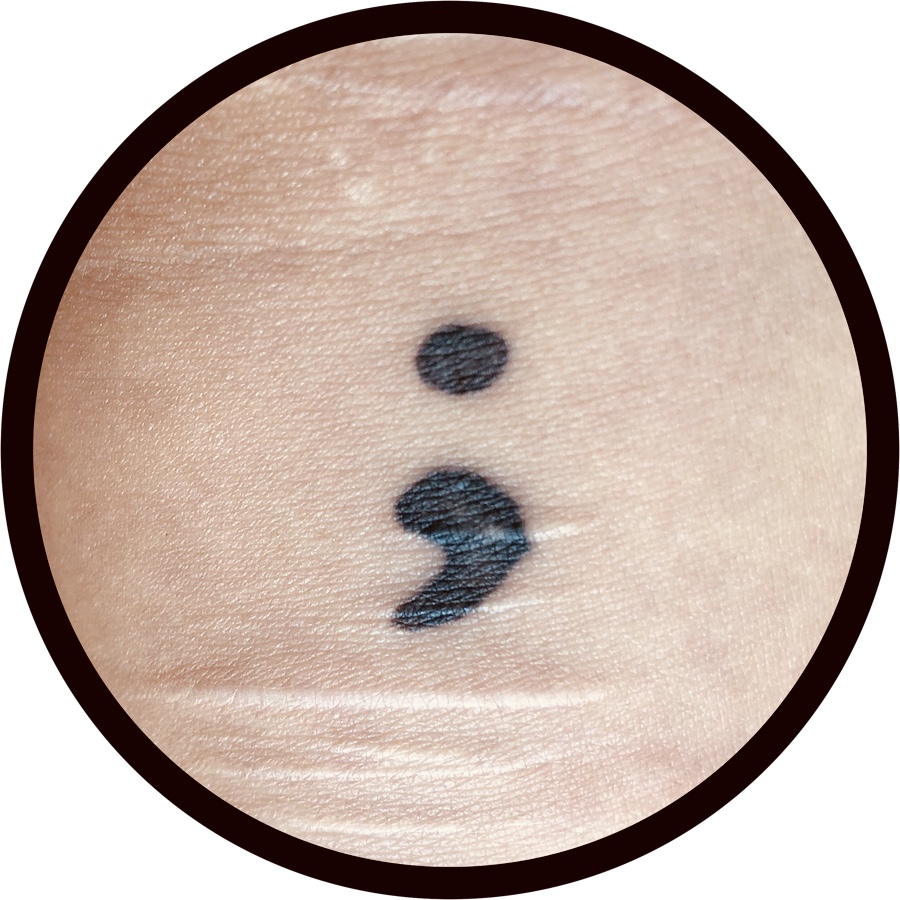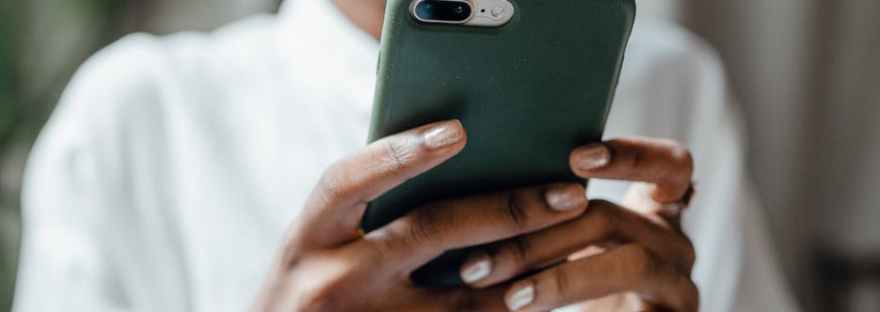Hi everyone, happy Monday! I hope you’re all enjoying the nice weather; it’s quite hot! before I get started with this article I have a few personal updates to share.
First of all, a big thank you once again to everyone who participated in our ‘Mental Health Awareness Month Initiative’! A special thank you goes out to the Counselling Department at John Abbott College. The presentation is nearly complete and I’m so excited to share it with you!
On another note, school is entirely finished and all grades have been submitted. I’m so relieved and grateful to have finally completed a Winter semester and two consecutive semesters. It seems like no big deal but for me it is and I always encourage everyone to celebrate their victories. Just because something is easy for someone else doesn’t mean the achievement should be taken for granted when it comes to yourself.
Along the same lines, I passed my practical driving exam and can now drive alone; this is a dream come true and again I’m incredibly thankful to be in a mental space where achieving such things is possible! I also absolutely love my new job, my boss and my coworkers. Working around such lovely people dedicated to the well-being and happiness of animals is incredible and so is getting to meet dogs and cats that are brought in by clients. The family approach to the business is admirable and I’m so proud to work there!
Without further ado, here is my latest topic:
Mutual Therapy for Mental Health
There’s something freeing about a relationship purely based on language; that is to say, never meeting in person or even seeing the other person’s face online. We know about the things we miss out on when texting, such as intonation, facial cues, and body language but there’s also an upside that I’ve come to discover recently.
It can be likened to the psychology of cyber bullying except the positive flip-side. Bullies online find it easier to attack others due to a sense of invulnerability. Being insecure themselves, hiding behind a screen lessens the fear of repercussion. This aspect of invulnerability is dangerous within such a context but what if we look at it differently. What about in the context of mental health? What if we could turn this to our advantage by creating a space of positive invulnerability?
Social Phenomena
When we meet someone new or even connect with people we already know, there’s a component of being ‘on’. What I mean is that unless one has a very special unconditional relationship, (and often even then), we’re aware of ourselves and how we’re being viewed. We are simultaneously making small to large judgments about the other person. I think we do this consciously and unconsciously but I’m not a psychologist – yet. I nonetheless believe this has a significant impact on our interpersonal relationships. How can we be entirely free and uninhibited if we’re partially focussed and aware of our bodies, clothing, how we sound, etc.?
The Liberation of Anonymity
If we could subtract the distractions that limit what we wish we could share, wouldn’t this open us up to freer and more honest dialogue? I think it could be extremely beneficial and therapeutic. Imagine a safe environment in which we could share our deepest fears, insecurities, troubling thoughts and emotions. A place where we could remove the shapeshifting mask we hold so desperately in place to face this world relatively unscathed. How relieved would we feel by un-encumbering ourselves from social pressures to finally be able to let our guard down? Speaking personally, it’s a wonderful and unparalleled form of communication in its uniqueness Remove the body and the voice and we’re finally left with a pure meeting of the minds; a relationship as free of external trappings as one can achieve.
‘Buddy Therapy’
This idea draws from the relationship between a therapist and their patient/client. The therapist is non-judgmental and the principal is that the patient can share everything; things they wouldn’t necessarily share with even their closest family members. This can be a really helpful relationship but there could be something new based on a similar idea. What if people around the world were paired up to speak with each other about their mental health situation? It’s very much like 7 Cups of Tea, a site where there’s a ‘Listener’ and a person who needs someone to speak with. I’ve been a Listener with them for almost 5 years now and it’s truly a wonderful idea. I would like to modify it slightly though to create relationships where the sharing is mutual. This way people who are in the same boat could share their experiences and feelings.
I’m writing about this because there’s someone I met on 7 Cups of Tea right when I started using it. After a few years we decided to switch to Whatsapp. We’ve become very close and I value him tremendously as a friend. Instead of a one way approach we now both share how we feel with each other and the mutual support is truly wonderful. We’re across the world from each other and yet our conversations are deeper than those I have with some others right in the same city. Distance is not a drawback! This concept is free of borders and boundaries and takes advantage of the positive aspects of technology and connectivity. It is my sincere wish for everyone to have such a relationship and if I have the time and know-how I would love to create a software of some kind to facilitate finding an anonymous buddy.
Take care everyone and try to spend time outside for your well-being!

